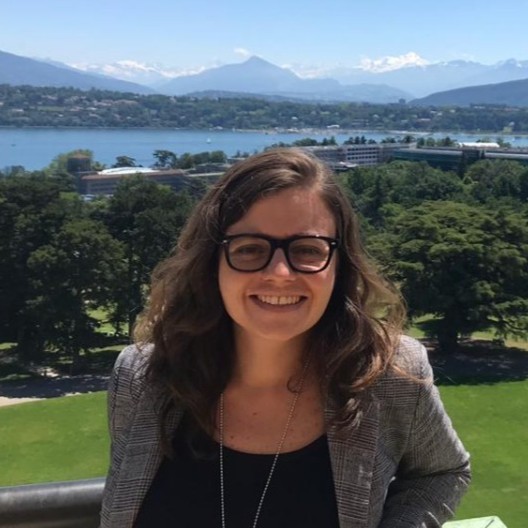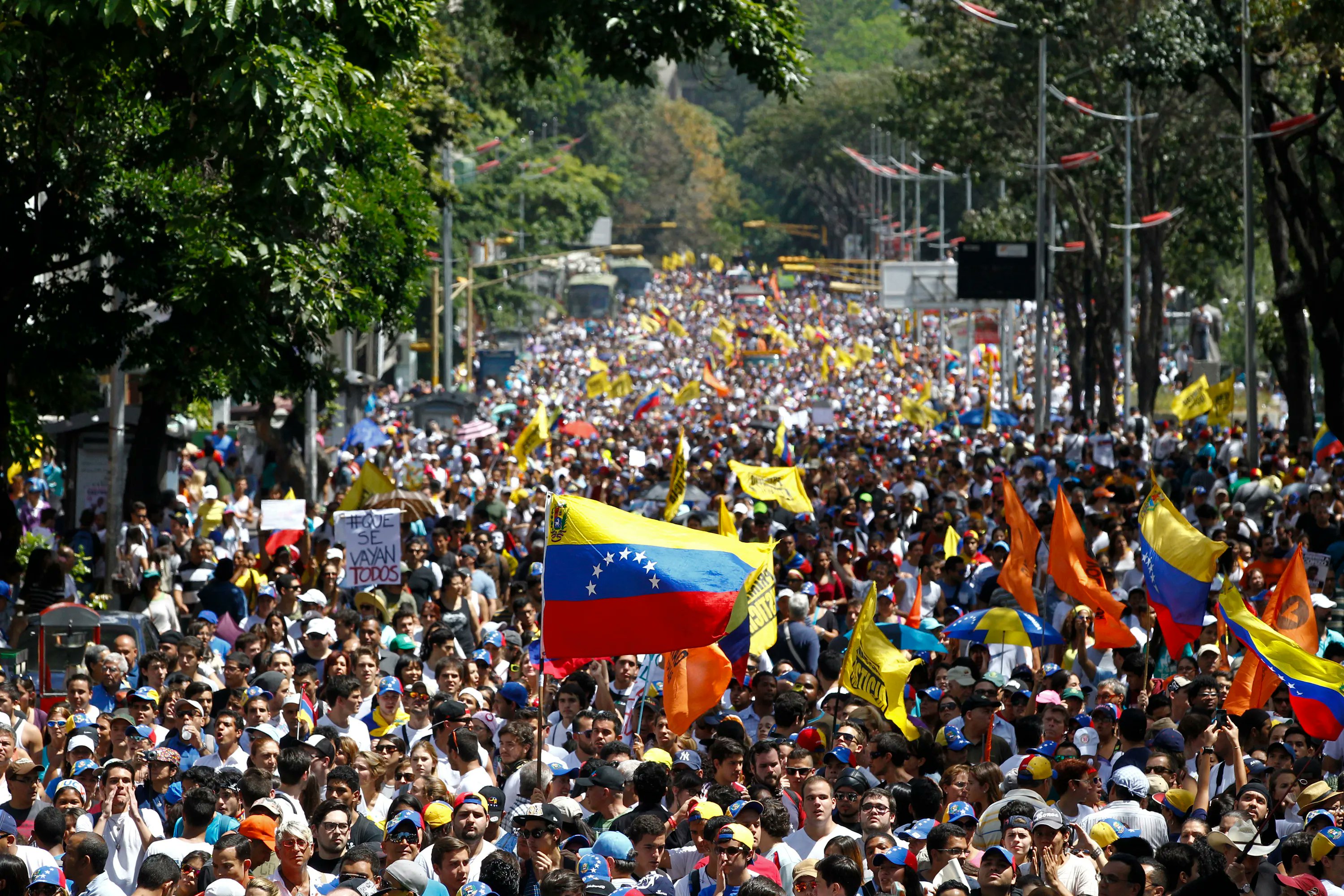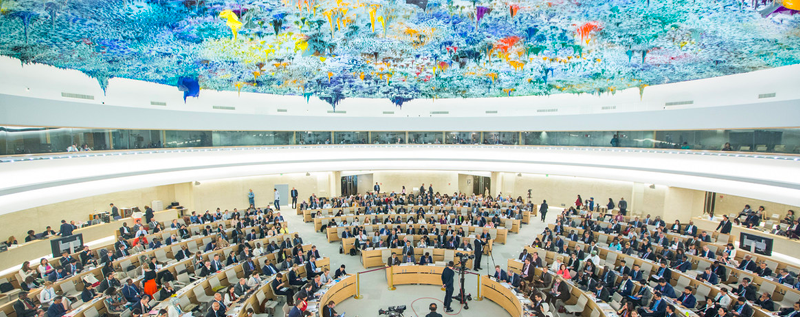Venezuela is still not fixed
Structural problems demonstrated in the review of the human rights situation by the Human Rights Council
 Patricia Tarre Moser
Patricia Tarre Moser
Venezuela is not in the news as often as it used to be. The country is currently experiencing an apparent pause in the crisis (pax bodegónica), where the dollar is the currency of payment, nobody wants to talk about politics and products are available, although very expensively, but they are available. However, the structural problems have not gone anywhere. This was demonstrated in the recent review of the human rights situation by the Human Rights Council.
More than 100 states referred to the Venezuelan situation in the framework of the Universal Periodic Review conducted by the UN Human Rights Council. The recommendations highlighted the situation in Venezuela, where persecution of human rights defenders and the political opposition continues, attacks on freedom of expression and association, violence against women and the lack of independence of the judiciary, the public prosecutor's office and the ombudsman's office, which prevents all of the above from being properly investigated and judged.
Investigations of human rights violations at the international level have also been affected by the government's actions. In 2019 the Human Rights Council established a Fact-Finding Mission "to investigate extrajudicial killings, enforced disappearances, arbitrary detentions and torture and other cruel, inhuman or degrading treatment committed since 2014". However, the mission has been forced to work without the cooperation of Maduro’s government, which has not allowed them to enter Venezuelan territory. For this reason, nine states recommended Venezuela to cooperate with the Fact-Finding Mission.
The wise recommendations given by the States participating in the Universal Periodic Review are evidence of the lobbying work of autonomous Venezuelan civil society organisations, who are doing an enormous effort to demonstrate what is happening. This work must continue throughout the year, as Venezuela's human rights situation will still be under scrutiny by the Human Rights Council in 2022, and a decision will have to be taken on whether to extend the mandate of the Fact-Finding Mission.
Without independent investigations at the internal or international level, it is extremely difficult to clarify the situation in Venezuela, beyond the "apparent improvement", and almost impossible to prosecute and punish those responsible for human rights violations. While civil society is able to highlight much of what is happening, it is essential that the Maduro government shows that Venezuela's "improvement" is not just superficial, and cooperates with the Fact-Finding Mission.






